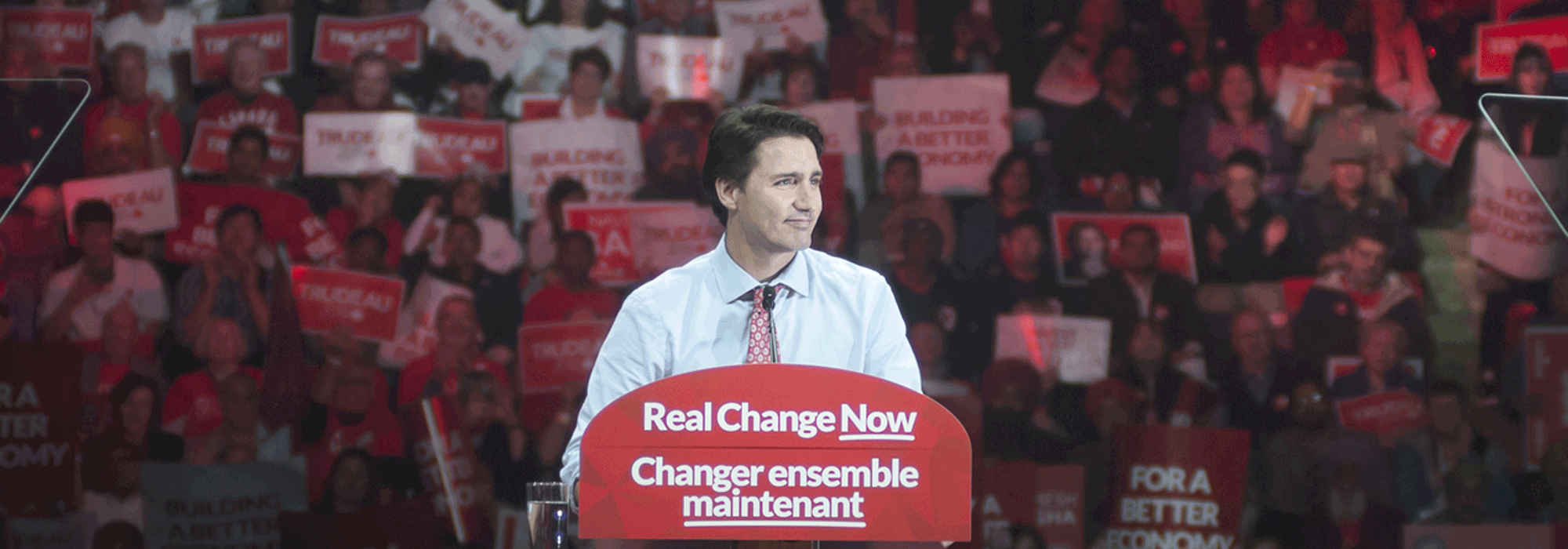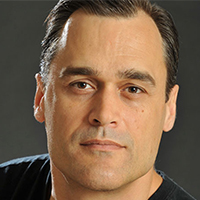
Congratulations, Liberals. After wandering for 40 years in the wilderness – or what felt like 40 years – you have returned to the promised land. I’m sure you’ll make yourselves at home. But before you settle in, I’d like to offer some advice about policy-making in the immediate post-Harper era. It’s very simple, just two rules:
One, “because Stephen Harper did it” is not a reason for undoing it, or for doing the opposite. In fact, it’s meaningless. Ignore it.
Two, Canada before Harper was not Eden and you should not seek to return to it.
That first rule may be the hardest to implement because, let’s be frank, it’s not just what Stephen Harper did that you didn’t like. You didn’t like Stephen Harper. Lots of Canadians felt the same way and still do — and they would cheer if you spent your first six months in power undoing what Stephen Harper did for no reason other than that Stephen Harper did it.
But you must resist that temptation. It’s neither rational nor constructive. Policies must be judged solely by their goals and their cost-effectiveness. The fact that Stephen Harper did or did not do something tells you precisely nothing about the value of that something.
In the abstract, that’s easy to grasp. But in the particular? It will be a challenge. Judging a thing by its source is intuitively appealing. An experiment illustrated the point: When Israeli Jews and pro-Israel Americans were asked to judge a peace plan they were told was drafted by Israelis they felt it was fair and even-handed – but when the authors were said to be Palestinians the same plan was judged negatively. Psychologists call this “reactive devaluation.”
When you judge Harper-era policies, you won’t feel that your thinking is biased – that’s what makes cognitive biases so potent – but you can safely assume it is. It will take serious introspection to catch and correct that.
To an extent, the second rule follows from the first. If you agree that it’s a mistake to roll back what Stephen Harper did merely because Stephen Harper did it, and you are prepared to think hard about goals and cost-effectiveness, you may sometimes discover that you want to undo what Stephen Harper did … but not go back to the status quo ante.
The long-form census is a good illustration. Pretty much everyone who isn’t Stephen Harper agrees that it was a terrible mistake to scrap it. But does that automatically mean StatsCan should be ordered to go back to the old way of doing things? No. Focus on the goal. What is it we want to achieve with the census? Then ask if the status quo ante is the most cost-effective way to achieve it. It may well be, in which case you should roll everything back. But if you conduct this exercise with an open mind you may come discover there are superior alternatives. And if that’s so why, would you return to an inferior approach?
Another illustration: criminal sentencing. Again, there’s no question the Harper government made some big mistakes, particularly in passing mandatory minimum sentences that deny the flexibility essential to just sentencing. But it would be as big a mistake to simply go down the list of newly passed mandatory minimums and repeal them one by one. Instead, start with the basics: What is the purpose of sentencing? What must it achieve? Helpfully, there are guidelines right in the Criminal Code and lots of expert discussion. After that, ask yourself “what’s the best way to do what we want done?”
In this case, I’m pretty sure you will find that the status quo ante isn’t good enough. The Criminal Code is a mess, and not only because of Stephen Harper. It hasn’t been properly mucked out in decades. And inquiries in the past concluded that there were serious problems with sentencing. The Harper government didn’t fix those problems. If you merely undo what Harper did, you won’t either. Happily, there are alternatives that would not only erase the damage of the Harper years but make the justice system more just. But you’ll only discover them if you look.
And you’ll only look if you remember the two rules: 1) never say, “because Stephen Harper did it;” and 2) we can do better than we did in the past.
Photo: arindambanerjee / Shutterstock.com









